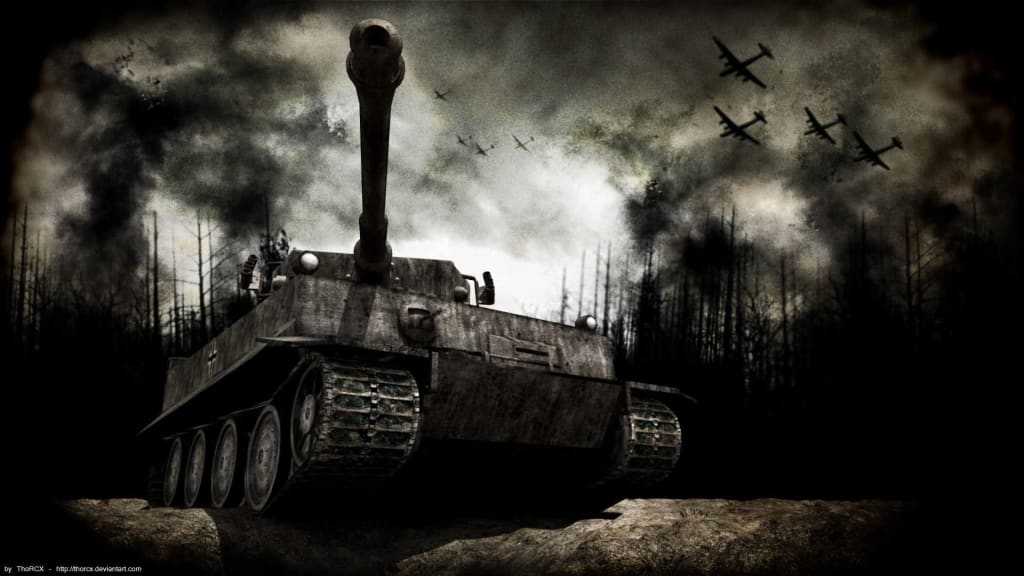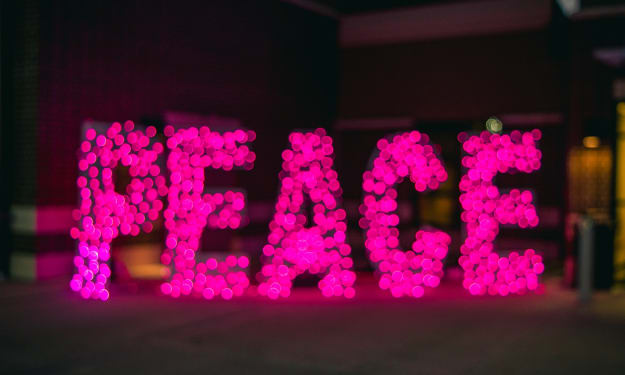world war ll
The Global Impact of World War II

World War II was one of the most significant conflicts in human history, with far-reaching consequences that continue to shape the world we live in today. Lasting from 1939 to 1945, the war involved nations from every inhabited continent, resulting in unprecedented levels of destruction and loss of life. In this article, we will explore the key events and outcomes of World War II, highlighting its lasting impact on political, social, and economic landscapes across the globe.
The Root Causes
World War II can be traced back to a number of factors, including the rise of totalitarian regimes, unresolved tensions from World War I, economic instability, and the failure of international diplomacy. The aggressive expansionist policies of Adolf Hitler and Nazi Germany, as well as the imperial ambitions of Japan, were major catalysts for the conflict. The war officially began in September 1939 when Germany invaded Poland, prompting Britain and France to declare war in response.
Global Conflict
What began as a European conflict soon escalated into a truly global war as the axis powers (Germany, Italy, and Japan) sought to expand their territories. The major powers of the world, including the Allied forces (led by the United States, United Kingdom, Soviet Union, and China) engaged in a series of intense military campaigns across multiple continents. From the battlefields of Europe to the Pacific islands, the war raged on, with civilians becoming direct targets of devastating bombings, mass killings, and forced labor.
Turning Points
World War II witnessed several pivotal moments that influenced its outcome. The Battle of Stalingrad (1942-1943) stands out as a significant turning point in favor of the Allied forces. The Soviet Union's successful defense against the German army not only halted Hitler's eastern expansion but also shifted the strategic balance of power. Another critical turning point was the D-Day invasion in June 1944, when Allied forces landed in Normandy to liberate occupied Western Europe, forcing Germany to fight a two-front war.
Human Tragedy
The human cost of World War II was staggering. An estimated 70-85 million people lost their lives as a direct result of the conflict, making it the deadliest war in history. The Holocaust, a systematic genocide orchestrated by the Nazis, resulted in the murder of six million Jews, along with millions of other marginalized groups. The war also witnessed widespread human rights abuses, including the use of chemical weapons and the mass displacement of millions of people.
Shaping the World
The end of World War II brought about significant geopolitical changes. Europe, once the center of power, became divided into two hostile blocs: the capitalist West, led by the United States, and the communist East, led by the Soviet Union. The emergence of these superpowers marked the beginning of the Cold War, a decades-long ideological struggle that shaped global politics for the second half of the twentieth century.
Economic Transformation
The war also had a profound impact on global economies. Rapid industrialization took place to meet the demands of the war effort, leading to technological advancements and innovations that laid the foundation for post-war economic growth. The United States, in particular, experienced an unprecedented economic boom, solidifying its position as a global economic powerhouse.
Lessons Learned
World War II taught the world invaluable lessons about the consequences of aggression and the importance of international cooperation. In response to the horrors of the war, global institutions such as the United Nations were established to maintain peace and promote dialogue between nations. Efforts were also made to implement safeguards against future conflicts, resulting in the creation of international organizations like NATO and the EU.
Remembering the Past
Seventy-five years after the end of World War II, it is crucial to remember the sacrifices made and ensure that the lessons learned are not forgotten. Memorials, museums, and annual commemorations serve as reminders of the atrocities committed during the war and promote a culture of peace, tolerance, and understanding.
In conclusion, World War II was a global conflict with profound consequences that continue to shape our world. From its root causes to its lasting impact on political, social, and economic landscapes, World War II is a stark reminder of the devastating consequences of aggression and the importance of international cooperation. By acknowledging the past, we strive towards a future that values peace, justice, and human rights for all.






Comments
There are no comments for this story
Be the first to respond and start the conversation.